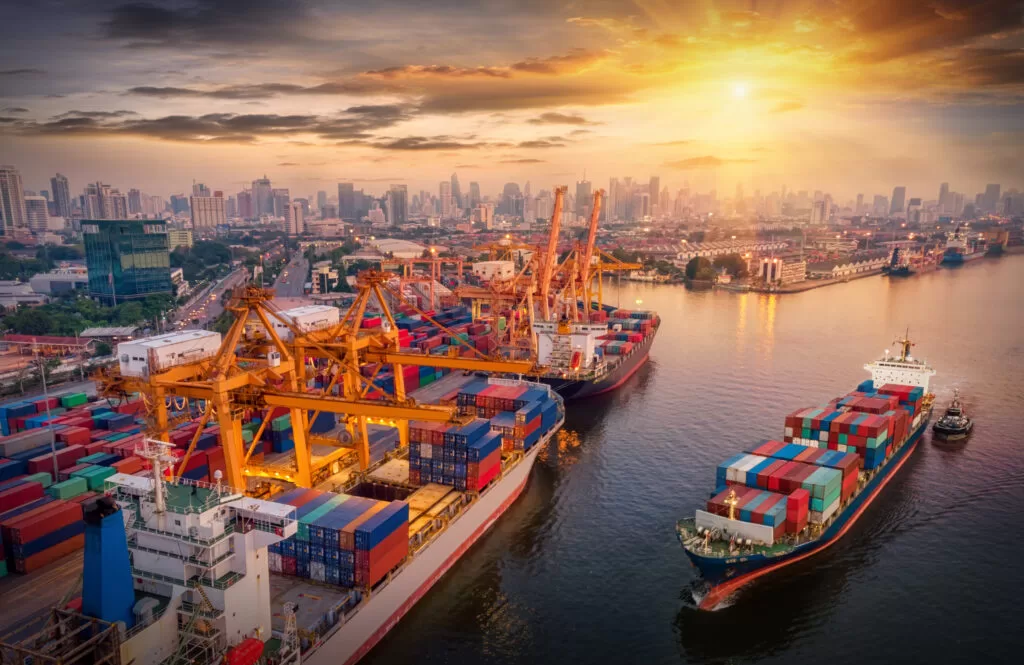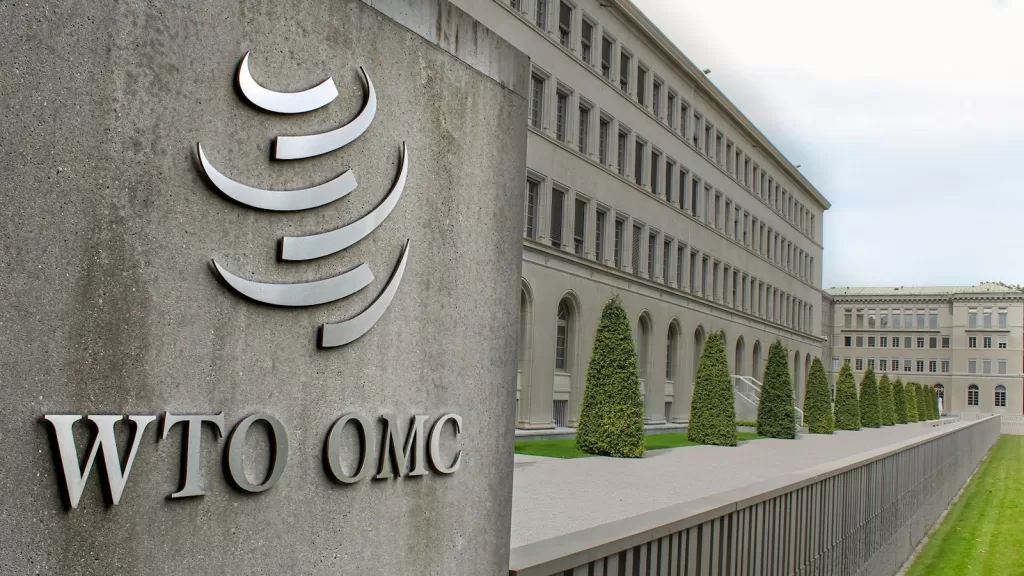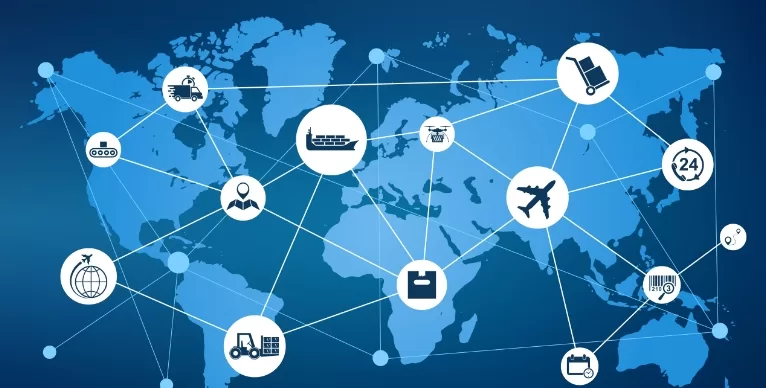What international trade agreements will affect international logistics services?
In the ever-evolving world of international trade, the role of international logistics services cannot be underestimated. Efficient international logistics services ensure that cross-border businesses and international trading companies can move goods from one country to another smoothly. However, throughout the transportation process, the complexity of international logistics is affected by various external factors, including international trade agreements.
International trade agreements, among other things, set rules, regulations, and policies that govern how countries interact with each other in terms of trade. These agreements profoundly impact logistics because they define tariffs, import and export regulations, customs procedures, and other trade barriers. Therefore, companies that engage in global trade must understand these agreements in order to navigate the logistics landscape effectively.
Free Trade Agreements (FTAs) and Their Impact on International Logistics Services
Free Trade Agreements (FTAs) are among the most influential international trade agreements in logistics services. FTAs are agreements between two or more countries that aim to reduce trade barriers, such as tariffs, quotas, and other restrictions on goods and services. FTAs make it easier and more cost-effective for businesses to import and export goods across borders, ultimately facilitating smoother logistics operations. The main benefit of a free trade agreement is reducing or eliminating tariffs. By lowering the cost of importing and exporting goods, free trade agreements make it easier for cross-border businesses to enter new markets and reduce shipping expenses. This, in turn, can result in more competitive pricing, higher profit margins, and faster customer delivery times. In addition, free trade agreements often harmonize customs regulations and procedures, making it easier for logistics companies to manage the clearance of goods at border points.
Impact of Bilateral and Multilateral Agreements on International Logistics Services
Bilateral and multilateral agreements are other types of international trade agreements affecting international logistics services. Bilateral agreements involve two countries, while multilateral agreements involve multiple countries. Both types of agreements profoundly impact supply chains and logistics services.
For international logistics services, these agreements often include provisions that promote cross-border trade by reducing restrictions and harmonizing regulatory standards across countries. For example, a bilateral agreement can establish more favourable tariffs for specific goods, directly affecting the shipping process by reducing costs and time delays. Regarding international logistics services, bilateral and multilateral agreements can streamline shipping routes and optimize transportation systems. These agreements may include the development of standardized customs protocols, reducing the need for complex paperwork and minimizing the chance of errors.
WTO and its role in logistics services
The WTO is another vital organization that affects international logistics services globally. As an international organization that aims to promote trade between countries, the WTO sets global trade rules to ensure that countries can trade goods and services fairly and efficiently. The main impact of the WTO on international logistics services is that it sets global trade rules that countries must follow. These rules cover a wide range of issues related to logistics, including customs procedures, intellectual property protection, and trade-related technical assistance. By establishing consistent guidelines, the WTO helps reduce trade barriers and ensure that international logistics operations run smoothly regardless of the region involved. In addition, the WTO also deals with issues related to trade in services, including logistics and transportation.
Regional Trade Agreements and Their Impact on Regional Logistics Networks
Regional Trade Agreements (RTAs), such as the EU or NAFTA, can also significantly impact international logistics services. For logistics service companies, regional trade agreements can greatly simplify the movement of goods within a specific region. For example, the EU Single Market allows goods to move freely between member states without customs checks or tariffs. This simplifies international logistics services by reducing border delays and allowing companies to streamline their regional shipping processes. Regional trade agreements can also promote the construction of transportation and infrastructure networks, facilitating cross-border trade. Improved road and rail systems connecting different countries within regional trade agreements help logistics providers transport goods in a faster and more economical way.
The impact of trade sanctions
Governments or international organizations such as the United Nations often impose trade sanctions. These sanctions restrict trade between certain countries for political reasons, human rights violations, or other concerns. For logistics providers, sanctions can complicate supply chains and create challenges in customs clearance and shipping routes. When a country or region is sanctioned, logistics companies may be forced to find alternative routes, carriers, or suppliers to ensure that goods are not inadvertently shipped to or from restricted areas. This involves additional paperwork, more complicated procedures, and longer shipping times. Trade sanctions can also lead to unexpected changes in market demand. If a country is suddenly unable to export goods due to sanctions, this can lead to shortages in specific product categories. HTD, as a logistics provider, must be prepared to adjust its services to adapt to these changes and help customers cope with the changing international trade landscape.
Solve challenges in international trade for you better.
International trade agreements profoundly impact international logistics services, affecting how goods are transported across borders. From free trade agreements to environmental standards and trade sanctions, these agreements affect logistics operations’ efficiency, cost and complexity. As global trade continues to develop, HTD, as an international logistics service provider, will better help you solve future challenges and take advantage of the opportunities brought by these agreements.





